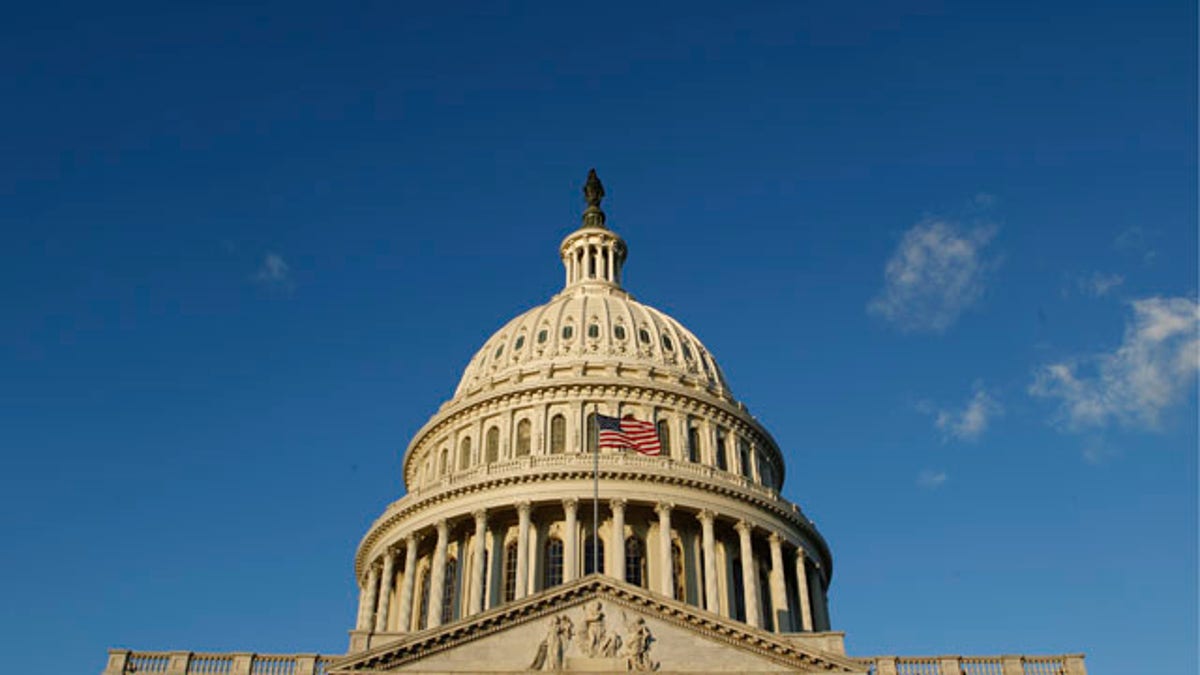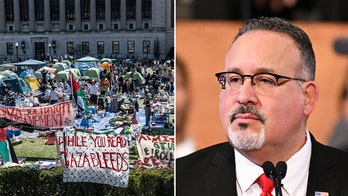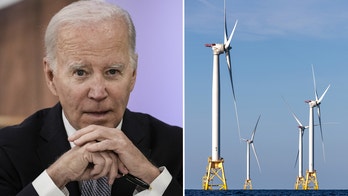
The Capitol building is seen at sunrise on Capitol Hill in Washington, November 17, 2010. REUTERS/Jim Young (UNITED STATES - Tags: POLITICS) (Reuters)
President Barack Obama on Friday signed a two-month extension to the payroll tax cut, after Congress passed a deal following weeks of heated debate and political posturing.
The Senate met Friday morning and pre-approved the measure in less than two minutes. The House met shortly after and quickly approved the move as well. The Senate could not technically approve the move until after the House vote, hence the need for pre-approval.
The deal worked out in Congress ensures the the payroll tax rate sticks at 4.2% instead of reverting to 6.2% at the end of the year. The bill also extends long-term unemployment benefits and staves off a sharp drop in Medicare payments for doctors.
Had Congress not acted to pass the bill before the new year, as many as 160 million families would have seen a swift decrease in their after-tax income, which analysts have warned could slow down already anemic economic growth.
House Speaker John Boehner caved late Thursday to pressure from President Obama and senators on both sides of the aisle to support a bill to extend the two-percentage-point payroll tax cut for two months and hash out details for a year-long extension at a later point.
Boehner's deal stirred angst among many rank-and-file House members who were calling for further negotiations between the House and the Senate to pass a longer-term extension and potentially change the way in which the tax cut is funded.
With many legislators already away for holiday retreats, the voting process was particularly fragile. Both chambers needed to pass the measures "by unanimous consent." While the method is often used to expediently pass legislation, it was perilous in this case because it only takes one "objection" to derail the entire package.




